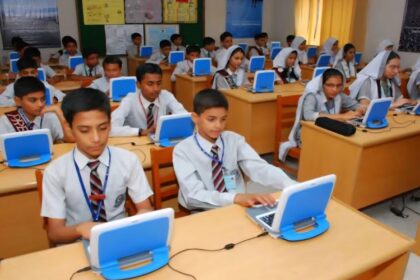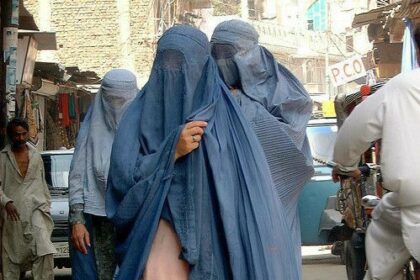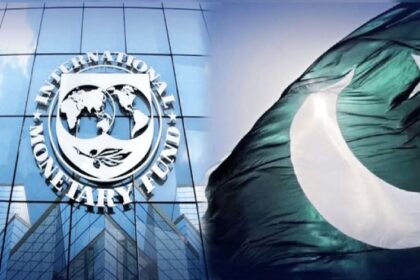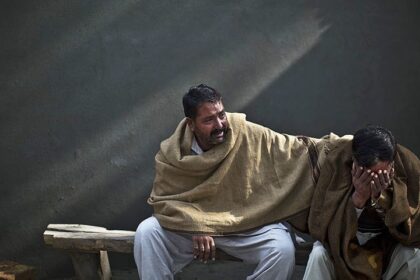The International Federation of Journalists (IFJ) marked the World Day for Decent Work (WDDW) 2024. This time, the spotlight was on the challenges that women in the Pakistani media face every day.
The federation is a big player in the world of journalism and represents around 600,000 journalists across more than 140 countries. They are all about advocating for press freedom, defending journalists’ rights, and working for better conditions in the media.
This year, they have launched a campaign in Pakistan titled “Building Stronger Workplaces”, which puts the limelight on the women in the media. Tools like infographics, heartfelt video messages from media workers and union leaders, and online polls have been used in the campaign to draw the stakeholders’ attention to the plight of media workers.
There was even an online petition to discuss the pressing issues that women journalists are facing. Decent work is something that everyone deserves, and this is why the federation has been rallying support and calling on governments and media organizations to ensure that journalists can work in safe, fair, and respectful environments.
For the past four years, the global body has been working hard in Pakistan, particularly to uplift women in journalism. In 2023, they kicked off the Women Media Forum, Pakistan, which connects women in the industry and addresses their unique challenges. Their World Day for Decent Work 2024 campaign is based on findings from a gender mapping project conducted by the Women Media Forum.
This effort, led by a team of five coordinators from different regions, looked into what was really happening in the media landscape in the past couple of years. In the second phase of this mapping, they checked out 18 media organizations and uncovered some serious issues. For example, a lot of workplaces didn’t have separate restrooms for women or even lacked restrooms altogether. This creates health problems and subsequently drives some women out of the industry.
Another major concern was the gender pay gap and maternity leaves. Their findings revealed that 25 percent of women journalists were not even aware of their legal right to maternity leave. In addition to that, around half of the journalists were not clear about how salaries worked in their newsrooms, which allows pay disparities to keep going unchecked.
There is where the International Federation of Journalists steps in, highlighting issues that need urgent attention. The international body argued that women in the media deserved better, and in pursuit of this goal, the campaign was a major step toward ensuring their voices are heard loud and clear.
















